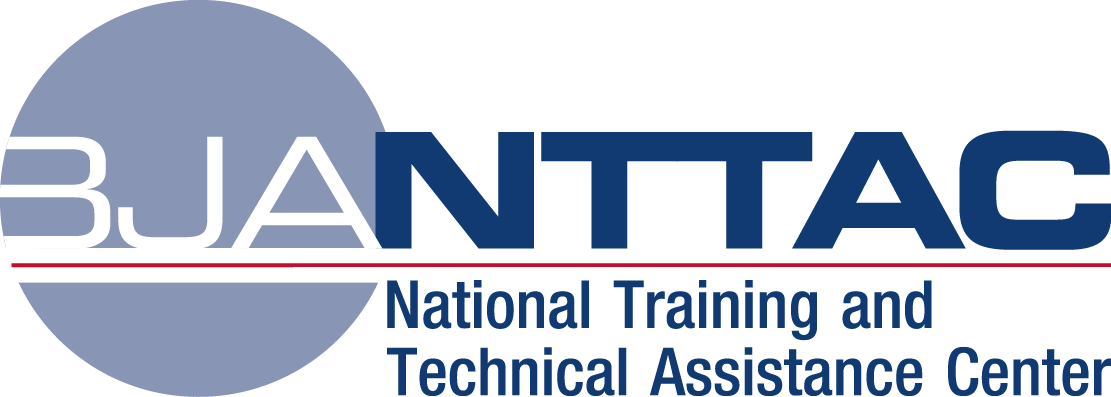Items of Interest
The Effects of ShotSpotter on Gun-Crime in Denver: An Impact Evaluation
Marc L. Swatt, Craig D. Uchida, and Allison Q. Land
Summary
A team of researchers from Justice and Security Strategies working with the Denver Police Department have issued an evaluation of the ShotSpotter gunshot detection system. ShotSpotter technology was installed in four different locations and staggered over time. This allowed for comparison of gun crime trends in ShotSpotter and non-ShotSpotter locations. The results were mixed. Three of the locations experienced declines in gun crime. The fourth area did not experience a decline. During these same periods, there were mixed trends in non-ShotSpotter locations making it difficult to draw clear conclusions. The report included implications for future research on ShotSpotter. For more detail, see summary report here.
Focus on Gun Violence: An Evaluation of Denver’s CGIC and RAVEN Programs
Craig D. Uchida, Marc l. Swatt, Allison Q. Land, Kyle Anderson, and Samantha Hock
Executive Summary
A team of researchers from Justice and Security Strategies working with the Denver Police Department have issued an evaluation of the coordinated Crime Gun Intelligence Center (CGIC) and PSN initiatives. Denver’s PSN initiative leverages the CGIC to reduce gun crime by using forensic science nd data analysis to identify and prosecute shooters and their sources of gun crimes. The evaluation study included an assessment of the implementation of the CGIC as well as the impact on violent firearms crimes. Among the key findings were a near 24 percent reduction of violent crimes with a gun and a 38 percent reduction of robberies with a firearm. For more detail, see executive report here.
Mini-grant Call for Proposals
Mini-grant in Support of a Community of Practice
As a graduate of the Bureau of Justice Assistance (BJA) Innovations Suite Researcher Practitioner Fellows Academy, you are eligible to apply for this competitive mini-grant in support of building and informing a community of practice. This is a two-step process. The first step is to submit a one-page summary of your (BJA) grant funded program specifically highlighting changes, successes, or challenges overcome leading to progress. The second step requires submission of a case study that will be used as an online resource and with the potential for publications through the Innovations Suite and/or BJA.
Click here for more information.
New Webinar!
Sustaining Your PSN Initiative
Sustaining Your PSN Initiative's webinar addresses this issue – how do we sustain our PSN team, our PSN strategies, and the lessons we learn in PSN beyond the grant end date? We started thinking about this topic as we developed training to support effective implementation of PSN. The good news is that many of the same steps that lead to effective implementation are also key steps in sustaining your initiative over time. This is the focus of the Sustaining Your PSN Initiative webinar.
Webinar Announcement
Analyzing Violent Crime Problems (Julie Wartell)

The United States Attorney’s Office, District of Alaska prioritizes and supports local reentry efforts as part of the Department of Justice’s Project Safe Neighborhoods (PSN) initiative. The Reentry Simulation is an educational outreach event which highlights the struggles and challenges faced by individuals who are transitioning from incarceration back into their communities. The Reentry Simulation provided an opportunity for participants to gain an understanding of the significant obstacles and barriers faced by men and women upon their release from incarceration and return to their communities. Learn about the Alaska experience here.

The Bureau of Justice Assistance (BJA) National Training and Technical Assistance Center (NTTAC) is a training and technical assistance (TTA) resource to help state, local, and tribal justice agencies achieve safer communities.
For additional information on NTTAC and to request training and technical assistance: BJA NTTAC

U.S. Department of Justice (DOJ) Violence Reduction Response Center (VRRC) provides easy access to DOJ resources to help you address violent crime. VRRC was established under the direction of the Attorney General to connect state, local, and tribal justice agencies with violent crime reduction training and technical assistance (TTA) resources offered by DOJ. By providing direct referrals to DOJ crime reduction publications, grant opportunities, and TTA, VRRC serves as a one-stop shop to connect individuals to the most appropriate resources available. After contacting VRRC, staff will guide you to training and grant funding opportunities, or they can put you in touch with peers and subject experts to learn about and discuss violence reduction strategies. VRRC staff will make sure you receive resources tailored to your specific needs and will facilitate access to those resources, saving you time otherwise spent searching.
For more information visit the Violence Reduction Response Center (VRRC) website.

The National Institute of Justice’s CrimeSolutions.gov is comprised of two components — a web-based clearinghouse of programs and practices and a process for identifying and rating those programs and practices. The programs and practices presented on CrimeSolutions.gov are identified, screened, reviewed, and rated using a standardized process.
Visit CrimeSolutions.gov to review the rated programs and practices.

BJA’s CRPPE provides visitors with information on practitioner-researcher partnerships, performance measures, logic models, program evaluation, and other important information to devise solutions to improve the quality, quantity, and equity of criminal justice and public safety services.
For more information visit the CRPPE website.

Funded by BJA, the National Resource and Technical Assistance Center for Improving Law Enforcement Investigations (NRTAC) provides training and technical assistance (TTA) and resources related to conducting high-quality investigations. Subject matter experts (SMEs) will deliver TTA to meet the investigative needs of local law enforcement, prosecutors, and public safety agencies.

